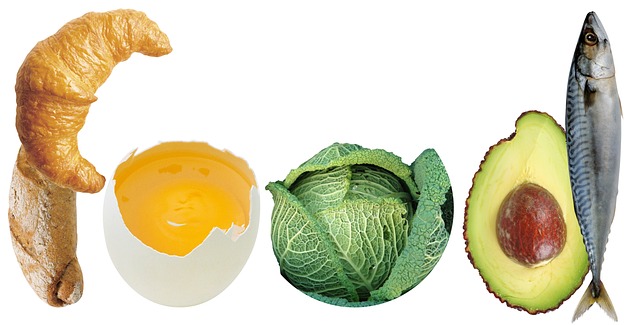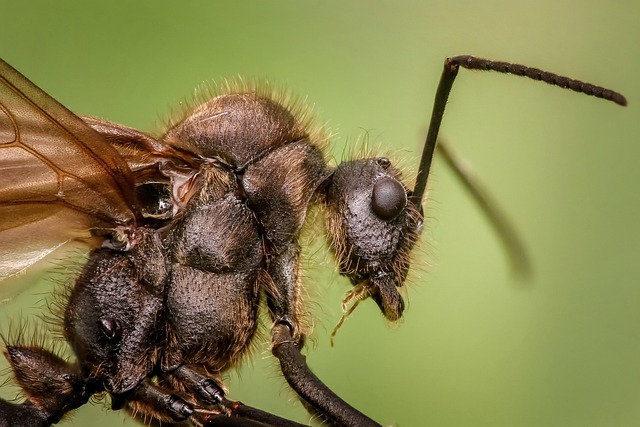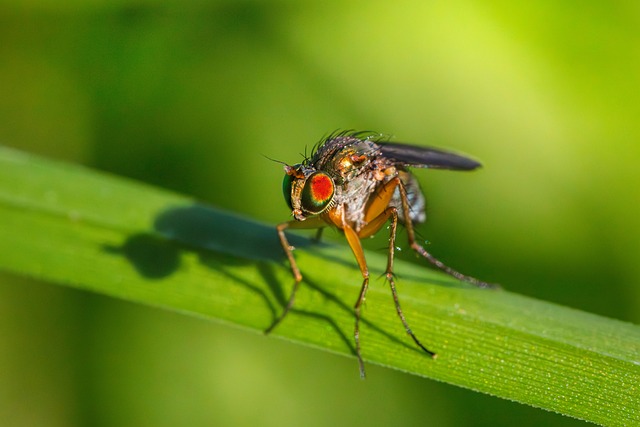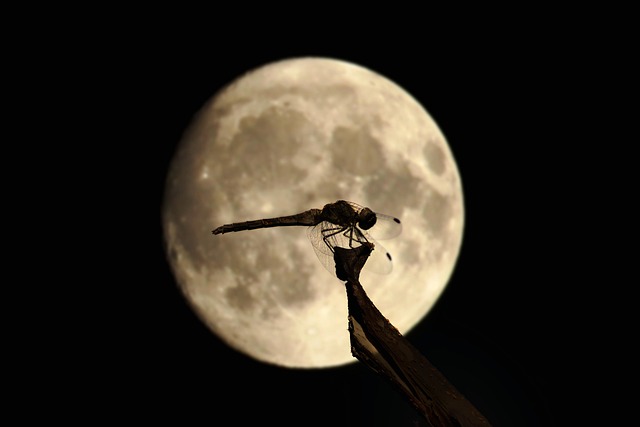When we think about the intricate tapestry of life in nature, we often overlook the smallest, yet most significant contributors to our ecosystem: insects. These tiny creatures play a monumental role in the nutrient cycle, acting as Mother Nature’s essential cleanup crew. The nutrient cycle with insects is a vibrant dance of life and decomposition, ensuring that energy flows seamlessly through the ecosystem.
Insects such as beetles, ants, and termites are the unsung heroes of this process. They break down organic matter, such as fallen leaves, dead animals, and other debris, transforming it into rich, fertile soil. This act of decomposition releases vital nutrients back into the earth, which nourishes plants and fuels the entire food web. Without these diligent recyclers, ecosystems would be overwhelmed with waste, leading to detrimental effects on plant life and, ultimately, all other animals.
Take for instance the role of earthworms—though not insects per se, they work closely with them within the soil ecosystems. When combined with insects, they enhance the quality of the soil, allowing plants to thrive. In wild environments, this collaboration creates a lush landscape brimming with life. The diverse plant species in turn attract various insects, which become food sources for larger animals, thereby completing the cycle.
Moreover, let’s not forget about pollinators like bees and butterflies, who play a simultaneous role in nurturing plant life by facilitating reproduction—another crucial aspect of the nutrient cycle with insects. As these insects move from flower to flower, collecting nectar and spreading pollen, they ensure genetic diversity and the flourishing of plant communities. This process not only supports plant populations but also sustains herbivores and the carnivores that prey on them, showcasing how interconnected each component of the ecosystem truly is.
Unfortunately, the intricate balance maintained by insects faces threats from habitat destruction and climate change. As we alter landscapes and weather patterns, we risk disrupting the vital nutrient cycle that insects uphold. The decline of insect populations can directly affect agriculture, biodiversity, and even human health, as many crops rely on insects for pollination. This situation highlights the critical importance of insects in our ecosystem and emphasizes the need for conservation efforts.
Observing nature can spark a sense of wonder about the unseen work being done around us. Whether it’s the humble ant carrying a crumb back to its nest or the vibrant monarch butterfly flitting from flower to flower, each insect contributes to the cycle of life. Understanding this connection can deepen our appreciation for the various forms of life that share our planet. It encourages us to take action toward preserving their habitats, supporting sustainable practices, and educating others about their indispensable roles.
In essence, the nutrient cycle with insects is more than just a scientific concept; it is a reminder of the delicate interconnectedness of nature. By recognizing and valuing the contributions of insects, we can celebrate their role in maintaining the health of our planet and inspire future generations to cherish and protect these vital creatures.




